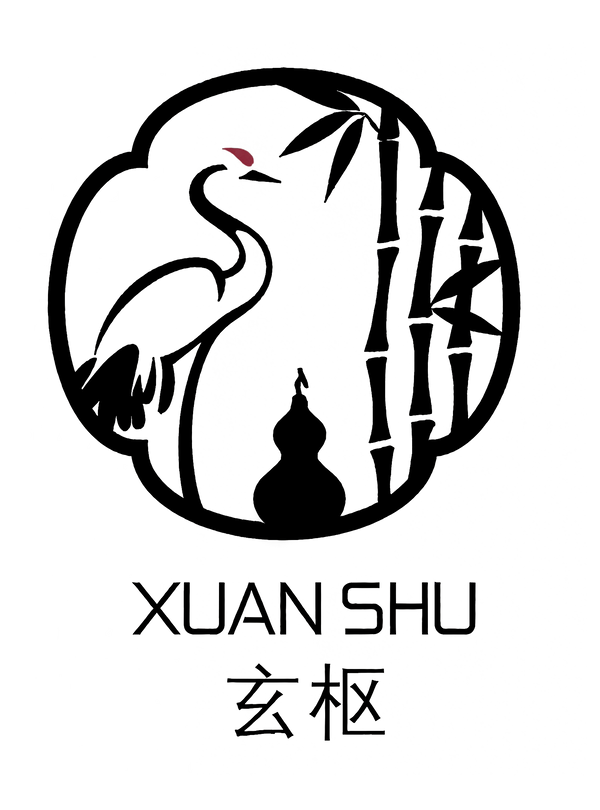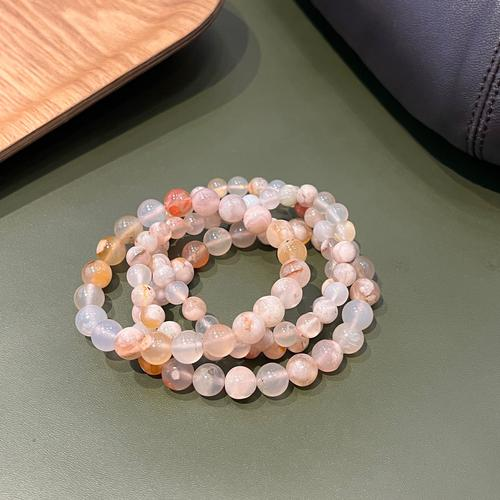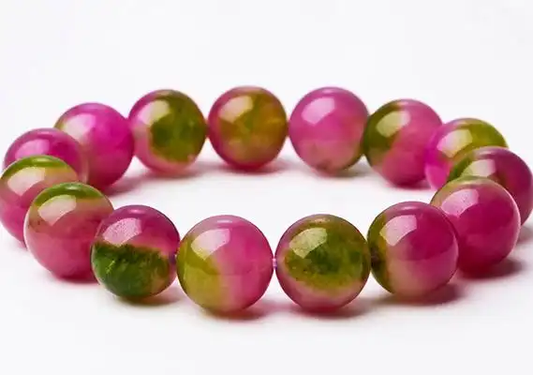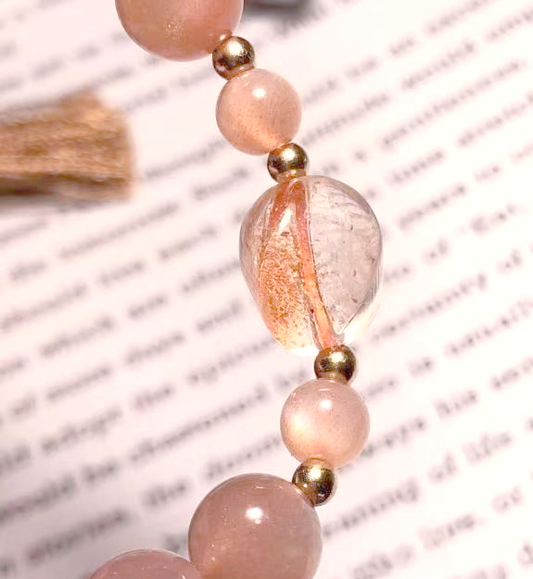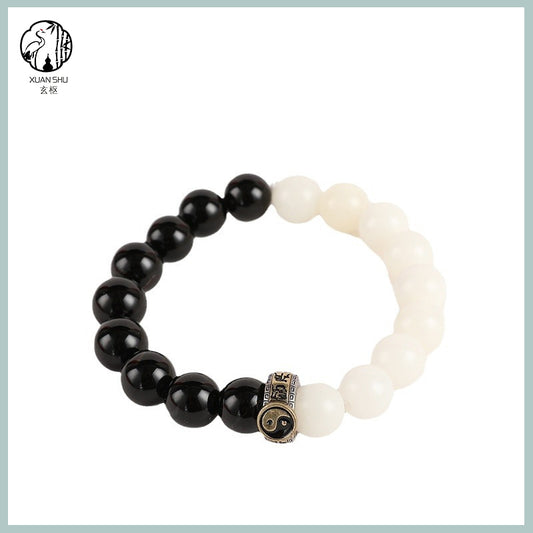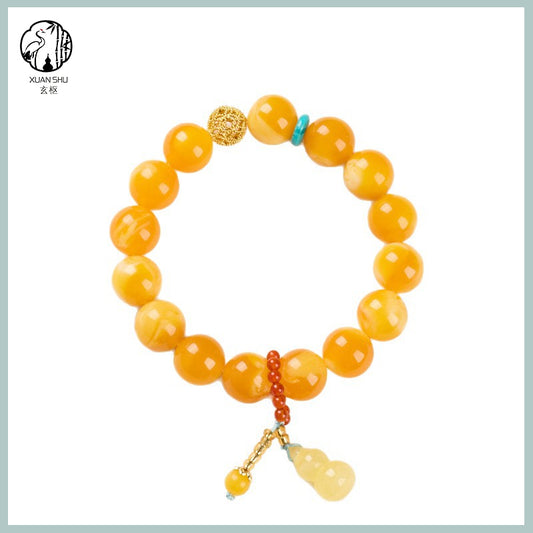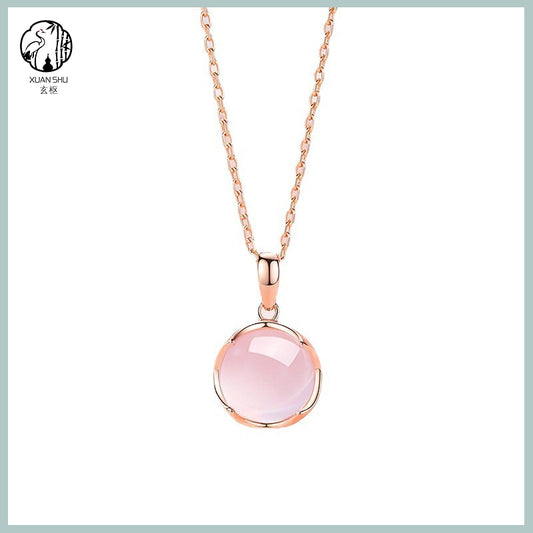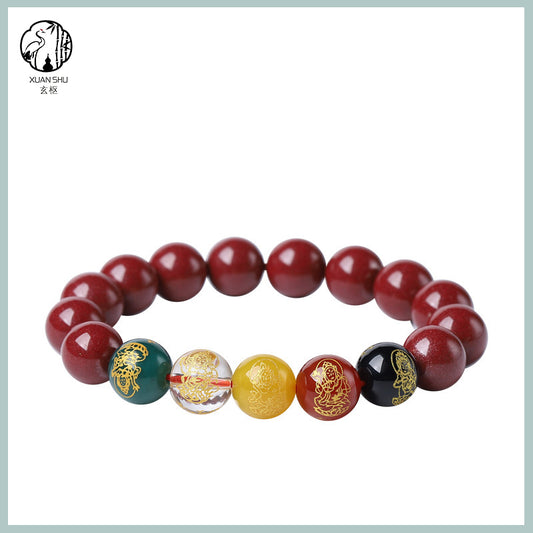What Is Agate Stone Spiritual Meaning?
Agate, a natural gemstone with a history spanning thousands of years, is cherished not only for its unique patterns and rich colors but also for its profound spiritual significance. From ancient Egyptian amulets to one of the Seven Treasures in Buddhism, from the Roman warrior's stone of courage to a modern vessel of spiritual healing energy, agate has symbolized balance, protection, wisdom, and inner strength across diverse cultures. This article explores the spiritual essence of agate, revealing how it serves as a bridge between the human soul and the energies of nature.

Physical Properties and Symbolic Meaning of Agate
Agate, a member of the chalcedony family, is a type of microcrystalline quartz best known for its distinctive layered or banded patterns. Its colors vary widely, including red, black, blue, green, white, and more. These naturally formed stripes have earned agate the title of “The Book of the Earth”, as they are believed to record the shifting energies of our planet.
- Layers of Life: Representing the different stages of personal growth and encouraging continuous evolution.
- Flow of Energy: Reflecting the fluctuations of emotion and thought, with agate helping to stabilize and integrate them.
Courage and Strength: Inner Support for Overcoming Challenges
- Roman soldiers wore armor inlaid with agate, believing it would bring them victory in battle.
- In personal growth, agate symbolizes perseverance in the face of adversity, helping individuals break through self-imposed limitations.
Protection and Purification: An Ancient Amulet
- In ancient Persia, warriors wore agate to ward off harm.
- During the European Middle Ages, it was used to dispel evil and prevent curses.
- In modern spiritual practices, black agate or banded agate is often placed at entrances or carried on the body to purify environmental energy.
Wisdom and Spiritual Awakening: Aiding the Third Eye
- Enhance intuition and support deep meditation.
- Help clarify scattered thoughts and improve decision-making.
Abundance and Prosperity: A Wealth-Attracting Stone
- Moss Agate, with its plant-like inclusions, symbolizes the endless vitality of nature and is often used by merchants to attract wealth.
- Red Agate is believed to stimulate motivation and drive, supporting career success.
The Spiritual Meaning of Agate Across Cultures
Agate has been revered for thousands of years across various cultures for its beauty and deep spiritual symbolism. In Ancient Egypt, agate was crafted into protective amulets linked to the goddess Isis. In Buddhism, agate is honored as one of the Seven Treasures, representing resilience, inner strength, and the path to enlightenment. In Christianity, agate symbolized God's steadfastness and was used in religious icons. Arab cultures value it for promoting harmony, while Native American tribes regard agate as the “Stone of Ancestors” to connect with ancestral guidance.

Agate in Chinese Culture
In Chinese culture, agate—historically known as qiong yu—was crafted into ritual objects from the Neolithic period, classified as ceremonial jade in the Zhou Dynasty, and treasured by emperors in the Han Dynasty. Red agate warded off evil and attracted good fortune, moss agate inspired creativity, and Warring States red agate symbolized nobility.
Agate in Taoism
In Taoist tradition, agate embodies the essence of Heaven and Earth. Red agate represents heart fire, black agate kidney water. Taoist ritual instruments often include agate, enhancing talismans and ceremonies. Agate is considered the "marrow of Heaven and Earth," linking the material world with the spiritual realm.
The Five Elements Properties and Applications of Agate
Agate’s colors correspond to the Five Elements: red (Fire), yellow (Earth), green (Wood), white (Metal), black (Water). Feng Shui and Taoist medicine use agate to harmonize energy, support health, and enhance personal growth. Moss agate symbolizes "Harmony After Conflict," while rainbow agate gathers all elemental energies.

How to Use Agate’s Energy in Daily Life
- Wearing Jewelry: Bracelets or necklaces provide a steady flow of grounding and balancing energy.
- Holding During Meditation: Set intentions like “to balance emotions” or “to enhance courage” while meditating with agate.
- Placing in Home or Workplace: Black agate purifies energy; red agate boosts vitality.
- Crystal Grid Work: Combine with other stones to amplify intentions such as abundance or spiritual protection.
Agate and Compatible Crystals
| Agate Type | Element | Compatible Crystals | Combination Benefits |
|---|---|---|---|
| Red Agate | Fire | Citrine, Obsidian | Enhances courage and motivation; stabilizes emotions; supports career and protection |
| Black Agate | Water | Clear Quartz, Lapis Lazuli | Protects and stabilizes emotions; enhances purification and wisdom |
| Moss Agate | Wood | Green Phantom Quartz, Jade | Boosts vitality and creativity; attracts wealth |
| Blue Agate | Wood / Water | Lapis Lazuli, Celestite | Calms stress; improves communication; supports spiritual insight |
| Rainbow Agate | All Elements | Clear Quartz, Tourmaline | Balances energies; suitable for Feng Shui or multi-purpose energy work |
Tip: Choose agate and compatible crystals according to your elemental chart to achieve energy balance and enhance spiritual growth.
Conclusion: Agate — A Bridge Between Earth and Spirit
Agate is not only a natural work of art but also a vessel of energy that carries the wisdom of millennia. Its qualities—balance, protection, courage, and wisdom—offer profound insight in today’s world. Whether as an amulet, meditation tool, or decorative gem, agate gently reminds us that true strength arises from connection with the Earth and inner self-awareness.
Classical References
- Zhou Li · Chun Guan · Da Zong Bo: Records ceremonial use of jade, including early agate applications.
- Book of the Later Han · Treatise on Dress and Carriages: Mentions regulations regarding agate adornments for officials.
- The Amitabha Sutra: Lists agate as one of Buddhism’s “Seven Treasures.”
- Compendium of Materia Medica (Bencao Gangmu by Li Shizhen): Details medicinal properties of agate.
- Essential Criteria of Antiquities (Gegu Yaolun by Cao Zhao, Ming Dynasty): Documents aesthetic appreciation of agate among literati.
